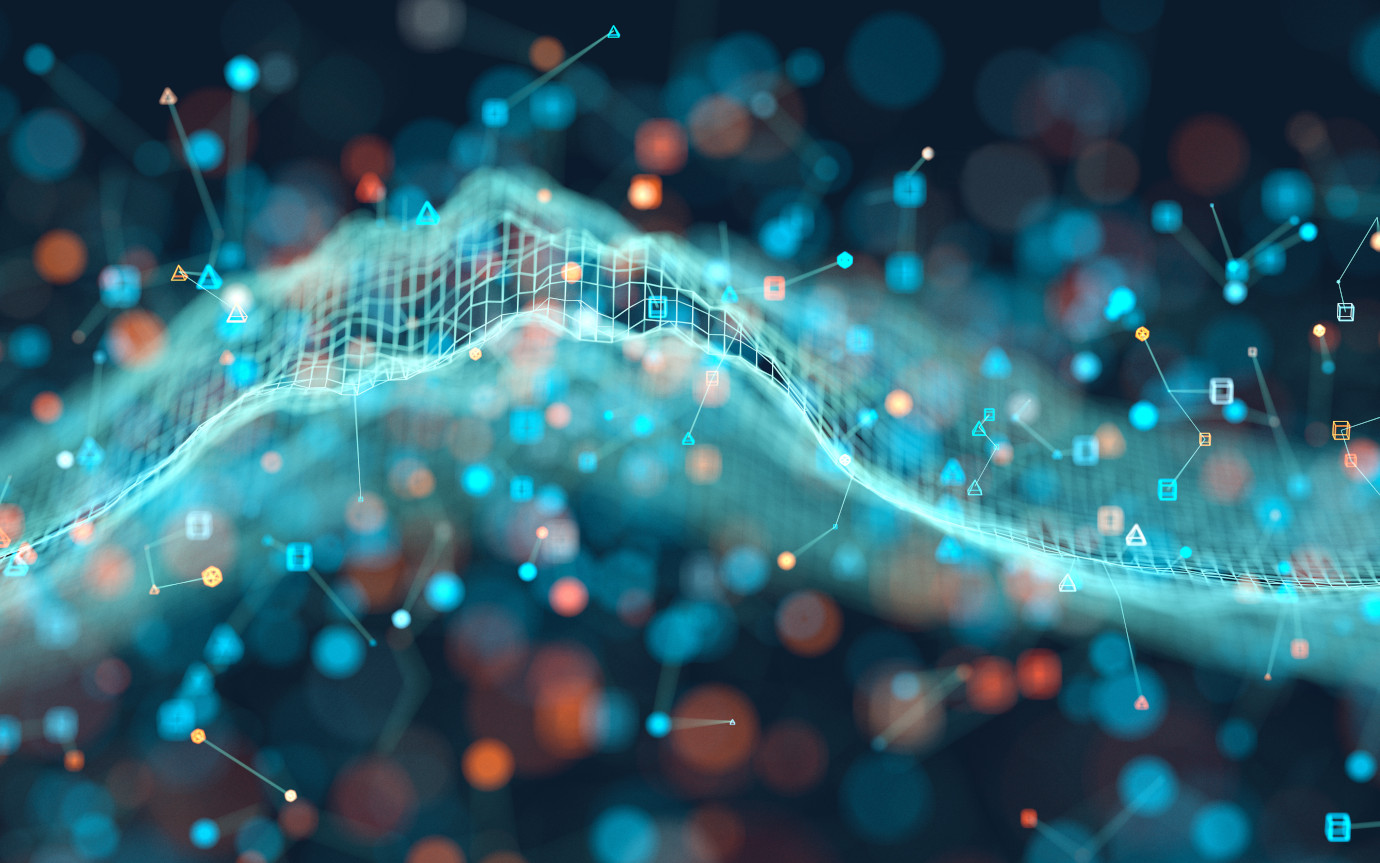Developing analytical tools to address real world problems
The ever-increasing volume and variety of data available creates a huge potential for answering a wide range of questions. To understand this data and to derive answers, we need analytical tools to model the relationships that emerge from it. Our Spatial Data Science team develops data-driven solutions to real-world problems. Climate Change Adaptation (CCA) and Disaster Risk Reduction (DRR) are common themes across several R&D projects. Geoinformation and Spatial Data Science can play a key role in planning and communicating actions to decision makers, stakeholders and the general public.
By exploring and researching analytical tools ranging from linear statistics and the latest multivariate distributions to modern machine learning (ML) and artificial intelligence (AI) approaches, we develop solutions that are appropriate to the problem at hand given the data available. This requires a solid understanding of data and business. We use and contribute to open source tools where possible and encourage Citizen Science.
We are involved in several R&D and PS projects covering a range of topics. The challenge of making Earth Observation time series accessible and providing unified processing and analysis tools has been and remains an engineering task to solve several open questions. The meaningful integration of heterogeneous data sources (from geospatial observations to official statistics) and the adaptation of machine learning (ML) and artificial intelligence (AI) algorithms to the specificities of spatial and spatio-temporal data are central themes of future tasks. A common goal is to develop tools that are of high value to end users. Therefore, a co-design approach often helps to identify the relevant questions within a project and enables us to provide meaningful solutions.
